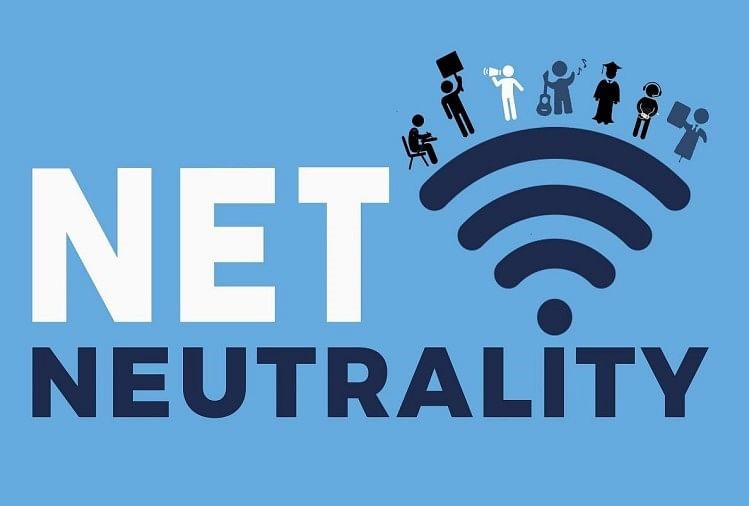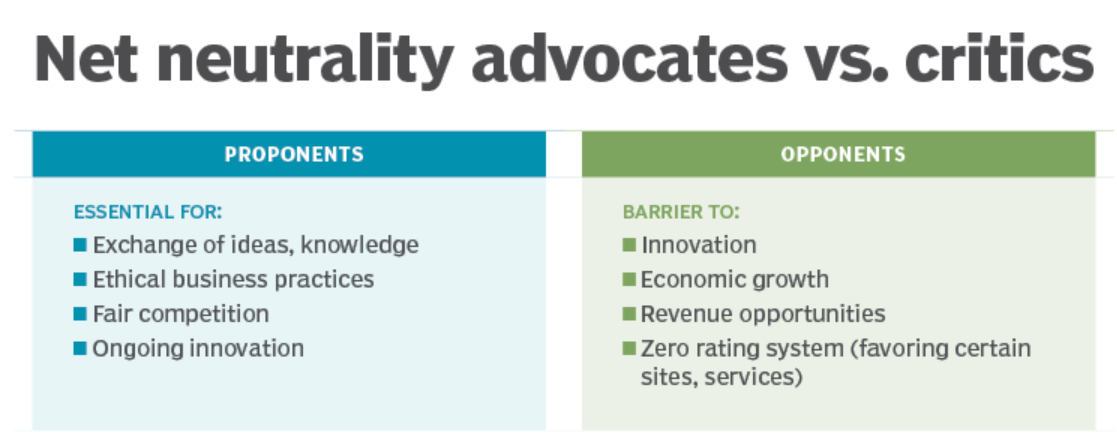Free Courses Sale ends Soon, Get It Now


Free Courses Sale ends Soon, Get It Now



Disclaimer: Copyright infringement not intended.
Context
What is net neutrality?
Concern raised
Pros and Cons of Net Neutrality Laws and Regulations
Pros
Level playing field:
Freedom of expression and free speech:
No exclusion:
No additional costs for content:
Greater innovation
Cons
No one is paying for the data:
Illicit content is widely available:
No new infrastructure:
The internet can innovate without it:

India’s stance
|
MAINS PRACTICE QUESTION Q. Net neutrality principle is considered a cornerstone of a free and open internet that provides equal access to all and bans "any form" of data discrimination. Do you agree? |
© 2024 iasgyan. All right reserved